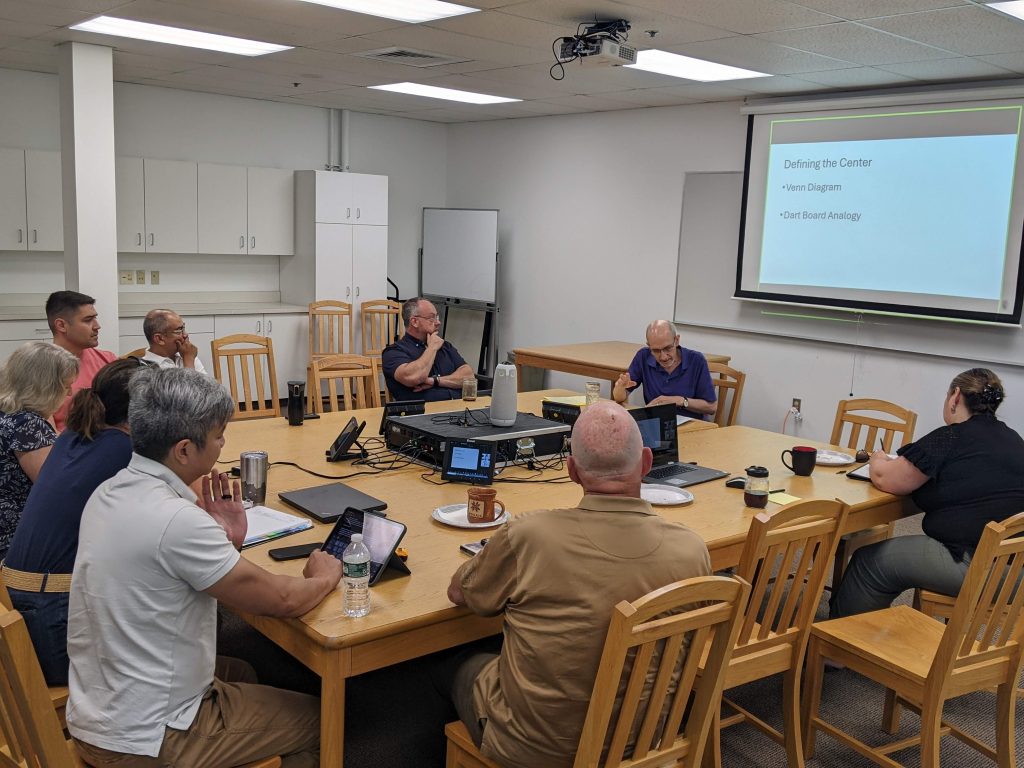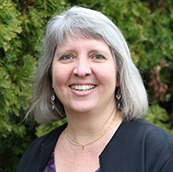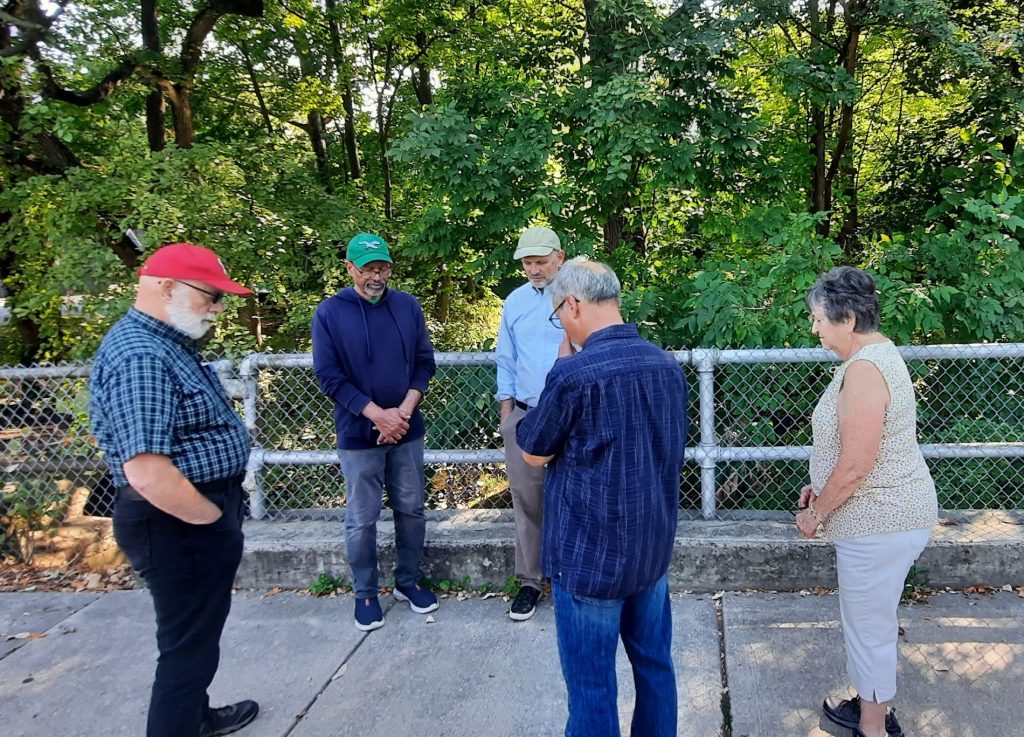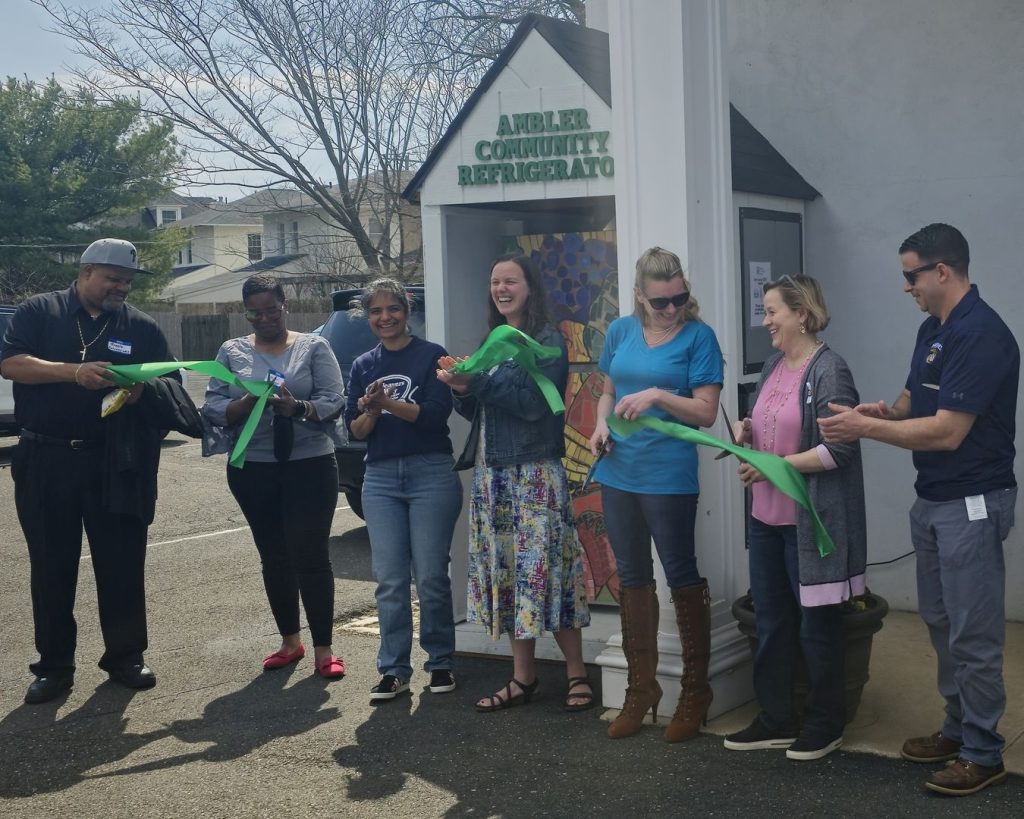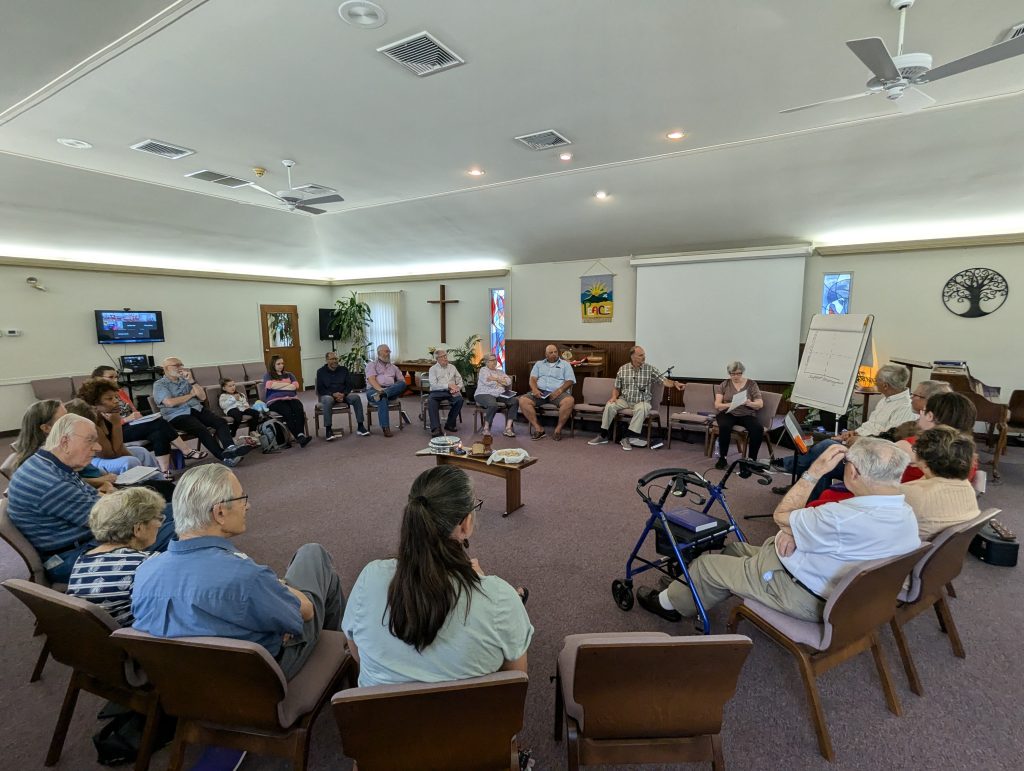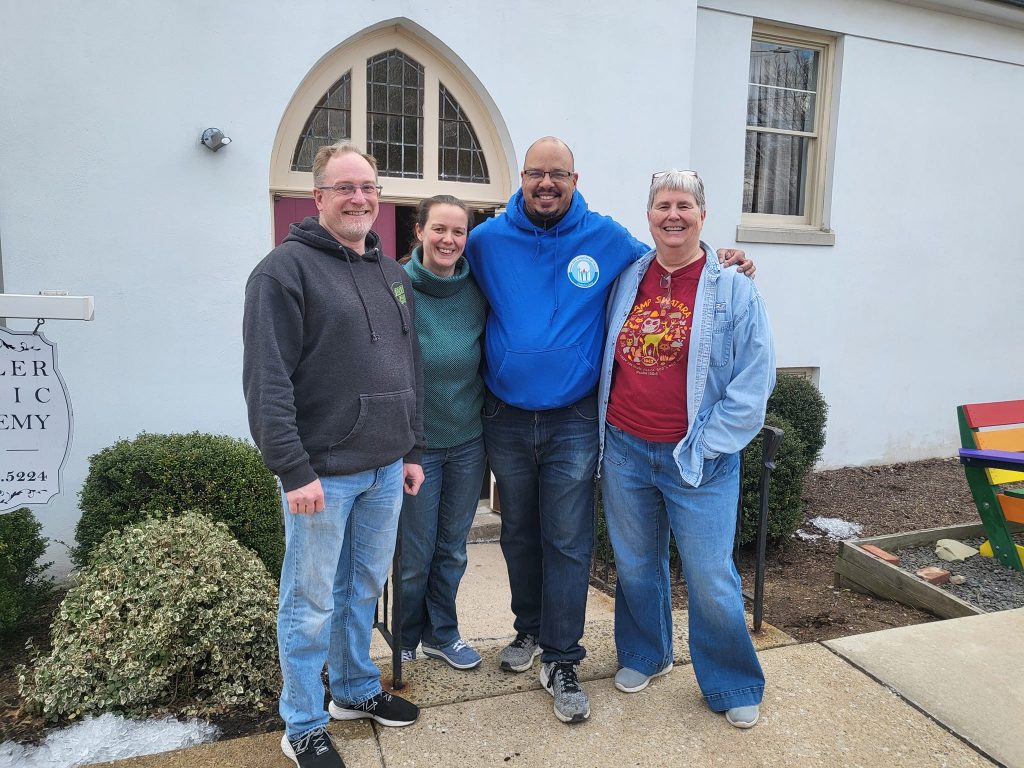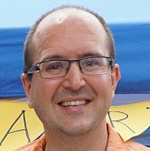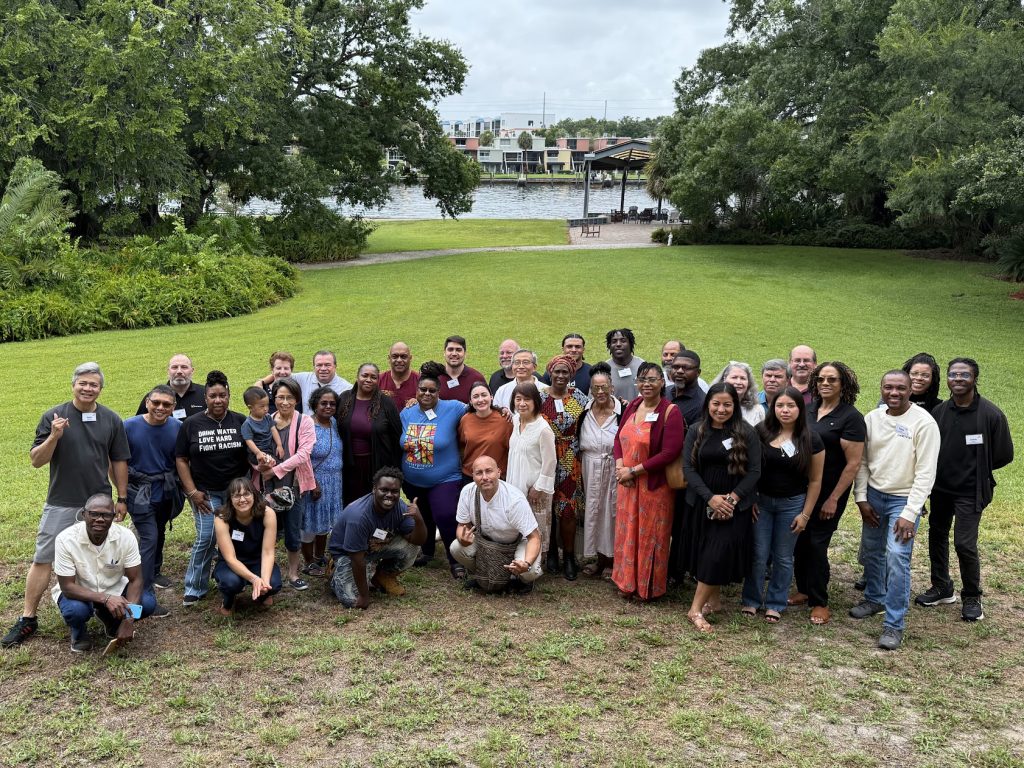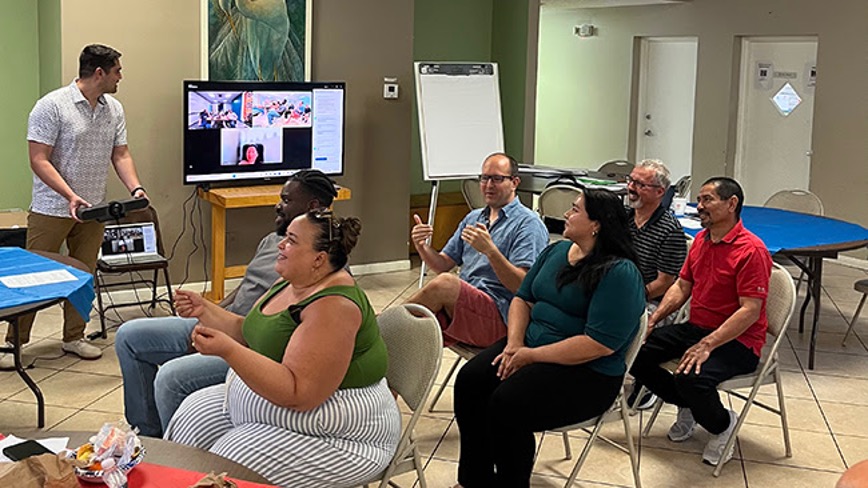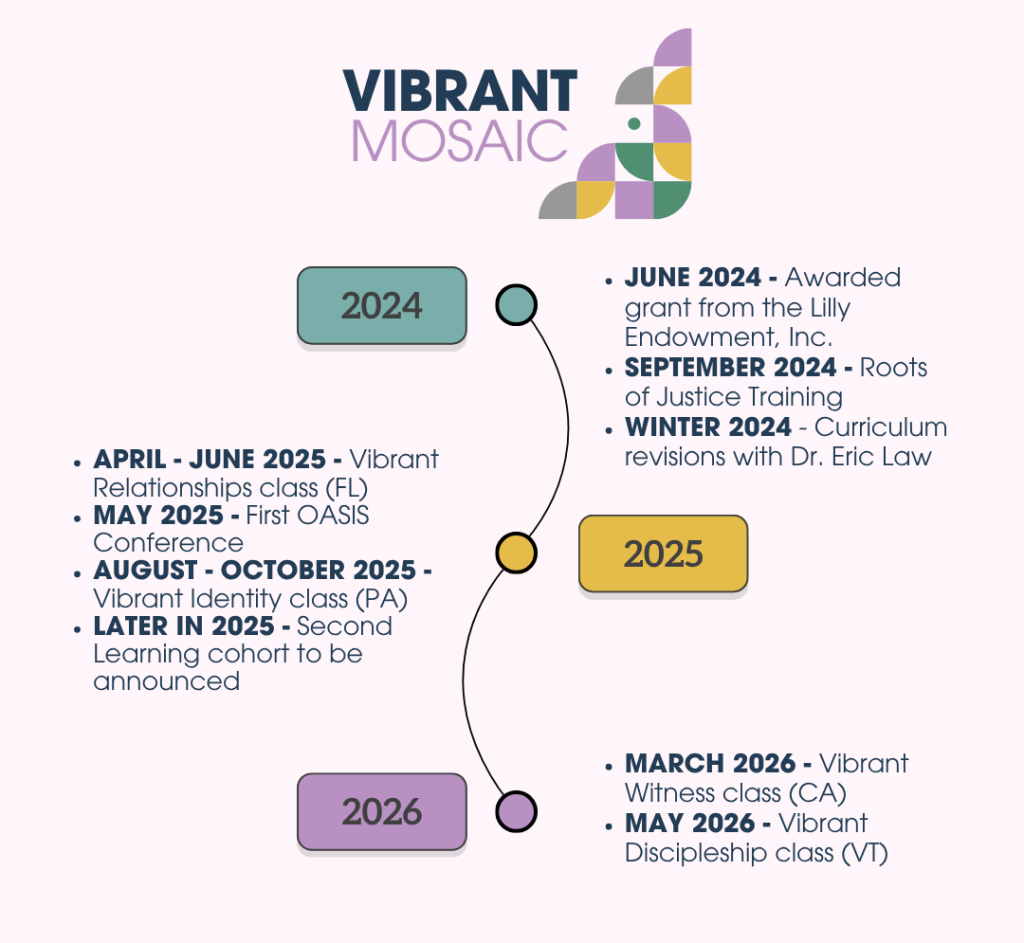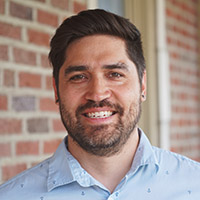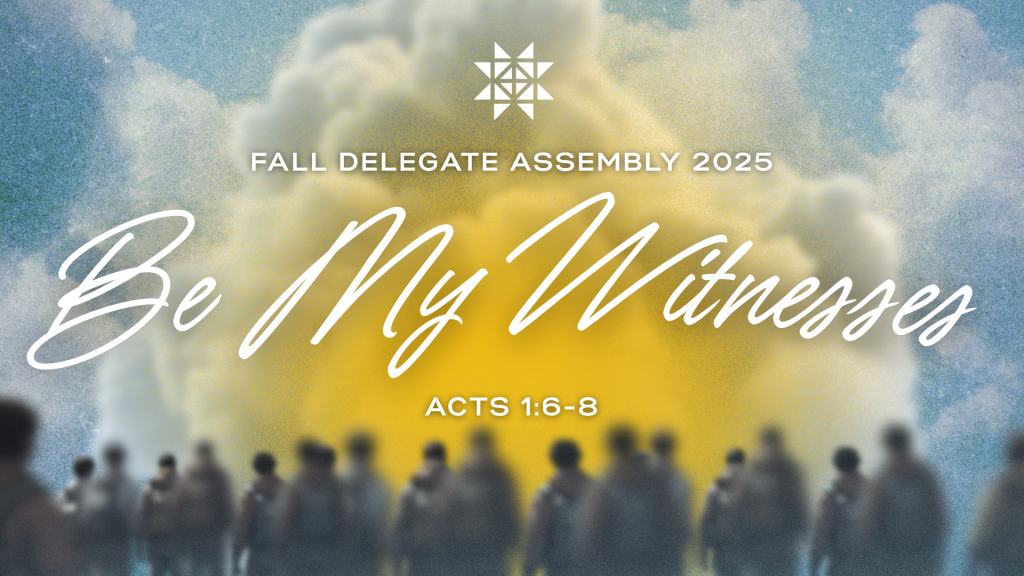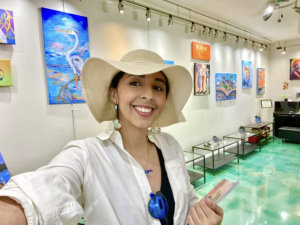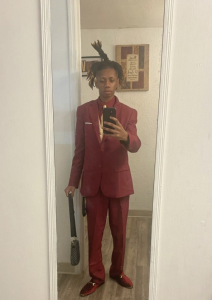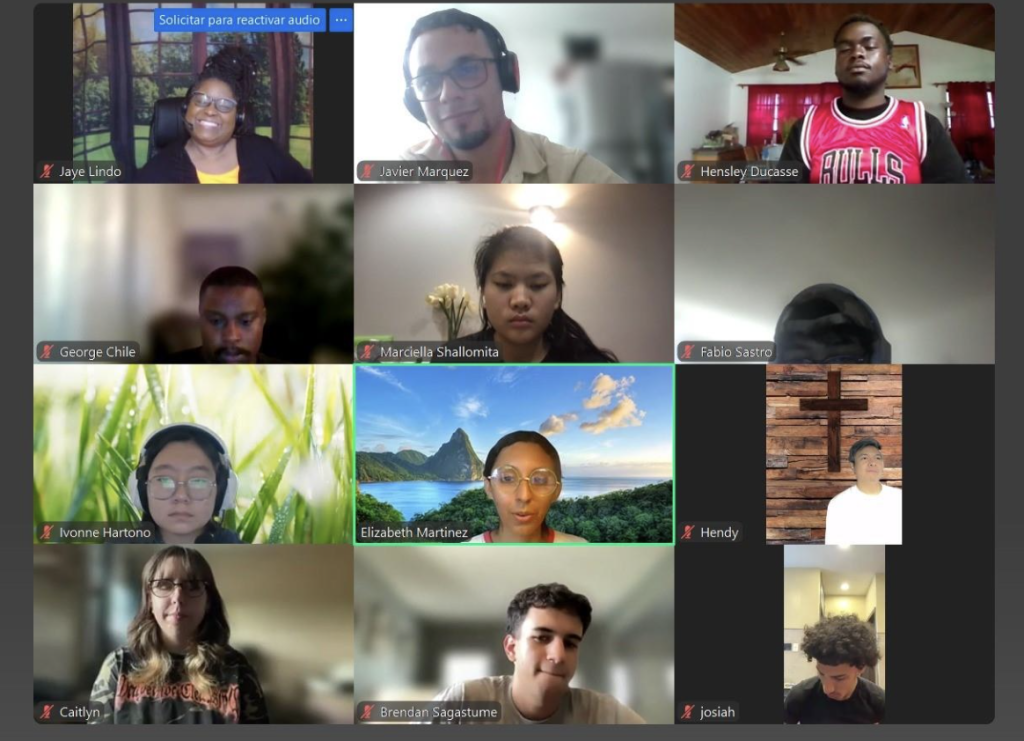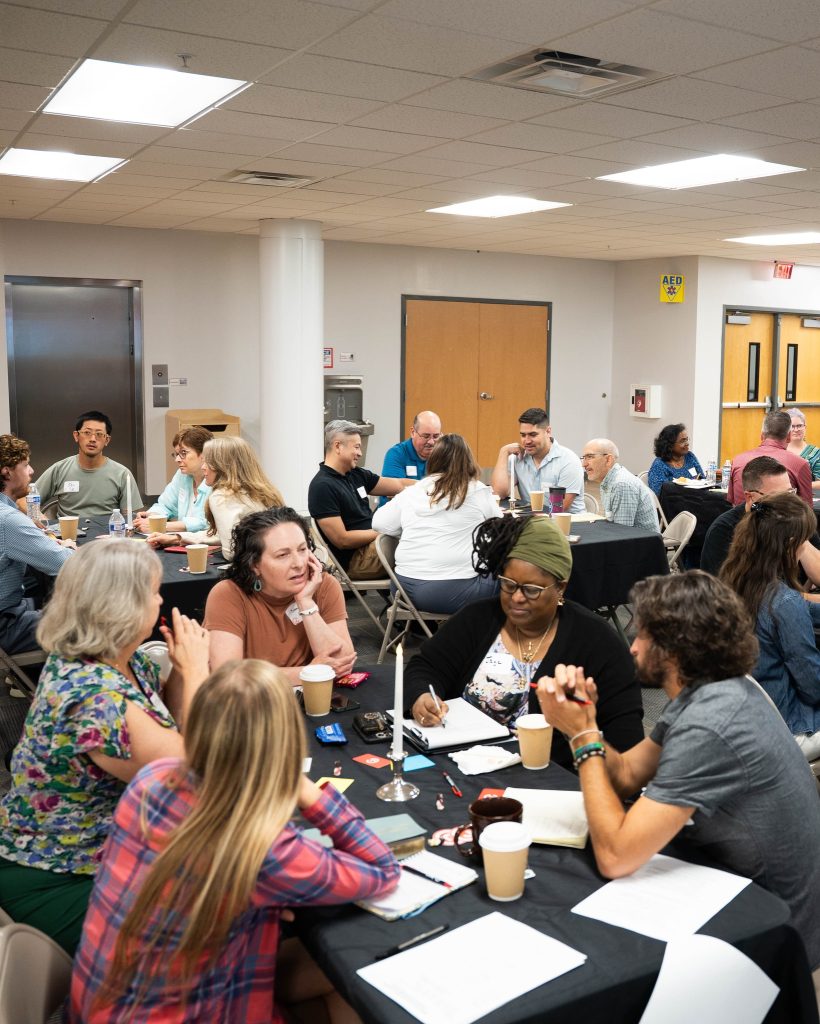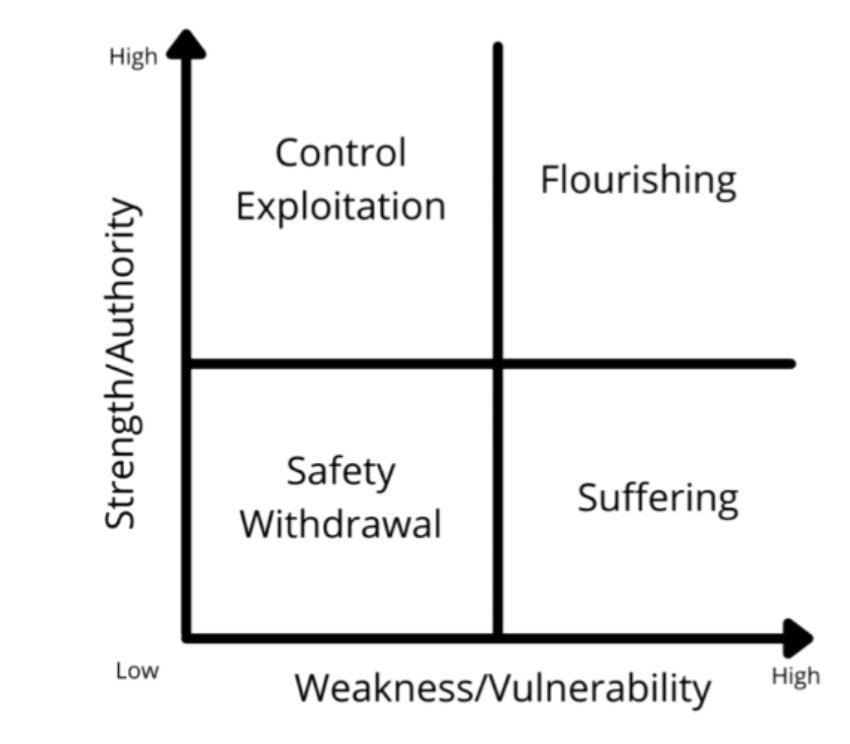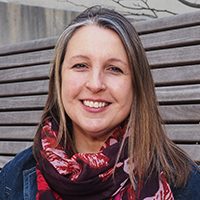by Javier Márquez
Editor’s Note: This summer, 14 young adult Ambassadors are serving in congregations and ministries across Mosaic Conference. This article highlights four of these Ambassadors, and you can read the first three articles here.

Brandon Chiu became an Ambassador at his congregation, Philadelphia Praise Center, to serve his community more deeply and live out his faith more intentionally. This summer has been a call to embody compassion, reconciliation, and the radical presence of God in the ordinary rhythms of life.
Chiu has been leading a summer camp for local youth under the theme “Love Your Neighbors,” organizing lessons and activities that reflect Christ’s love in accessible, joyful ways. Whether through storytelling, games, or neighborhood cleanups, Chiu is creating spaces of belonging and peace.
“I believe I am representing the Kingdom characteristics of compassion and reconciliation,” he reflects. “It’s about showing up for people—especially those who are often overlooked—and offering joy, peace, and presence. Even something small, like sweeping a sidewalk or listening to a child, can reveal the heart of God’s Kingdom.”
In partnership with SEAMAAC and other local organizations, Chiu is supporting efforts in environmental stewardship, neighborhood care, and cultural celebration—including the planning of an Indonesian night market.
He invites prayers for the summer camp; that the kids would feel safe, loved, and encouraged, and that God would work through all the relationships being formed this summer.
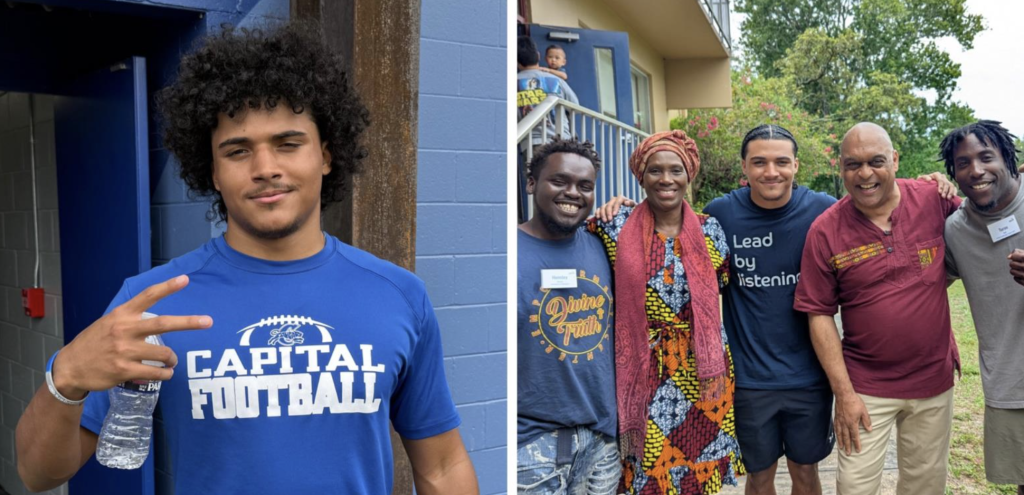
Demarcus Daniels is a college football player who grew up coming to the Midian Leadership Project (Charleston, WV) ’s Safe Haven, and had served in summer youth work programs with Midian in the past.
Daniels began his time as an Ambassador by joining Midian staff member Turan Rush at the Mosaic Oasis gathering, where they had the experience of worshipping in different languages from around the globe. Daniels spent the summer coaching football and mentoring players at Midian.
“We are trying to give these guys a step up on the competition, but even more, I want to be a part of their journey and help them however I can,” Daniels shares about his motivation for serving as an Ambassador. “I didn’t have a lot of people on my journey and we want them to have better than what we had,”
“I’ve faced a lot of adversity, and I had to look for understanding. Over time the verse John 13:7 has spoken to me: ‘Jesus replied, ‘You do not realize now what I am doing, but later you will understand.’”
“I believe God’s got a plan for us,” Daniels says.
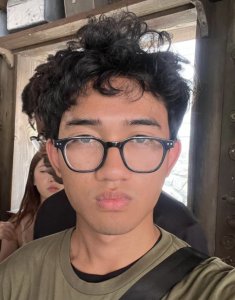
Fabio Satro, age 18, brought fresh energy and compassion as a Mosaic Conference’s 2025 Summer Ambassador. Serving with International Worship Church (San Gabriel, CA), Satro sought to help his congregation become more welcoming to the public—especially immigrants and young people.
His work included documenting youth group activities and special events at the church to share on social media, helping extend the church’s reach beyond its walls. “Spreading joy and being open to all” is how Fabio describes the kingdom values he sought to live out through his service.
Throughout the summer, Fabio deepened his understanding of the needs within his community. “I’ve learned that a lot of people are in critical need of God’s presence and assistance in their life because of all of the hardships they are going through,” he reflects. He is also keenly aware that many people “weren’t born with as much privilege that humans are supposed to get,” a realization that fuels his ongoing commitment to serving with empathy and openness.

This summer, 22-year-old Ivonne Hartono was a Mosaic Conference Ambassador at her congregation, Jemaat Kristen Indonesia Anugerah (JKIA) (Sierra Madre, CA). Hartono brought determination and a willingness to learn.
“My church does not have a dynamic website, and I want to make one,” Ivonne explained. She focused on both building and researching web development—a new skill for her.
During her summer service, Hartono learned the importance of perserverance. “There are a lot of trials, but we should not give up,” she reflected.
She prays that JKIA will “continue with their service and bring joy to the community,” carrying forward the mission that inspired her own work.
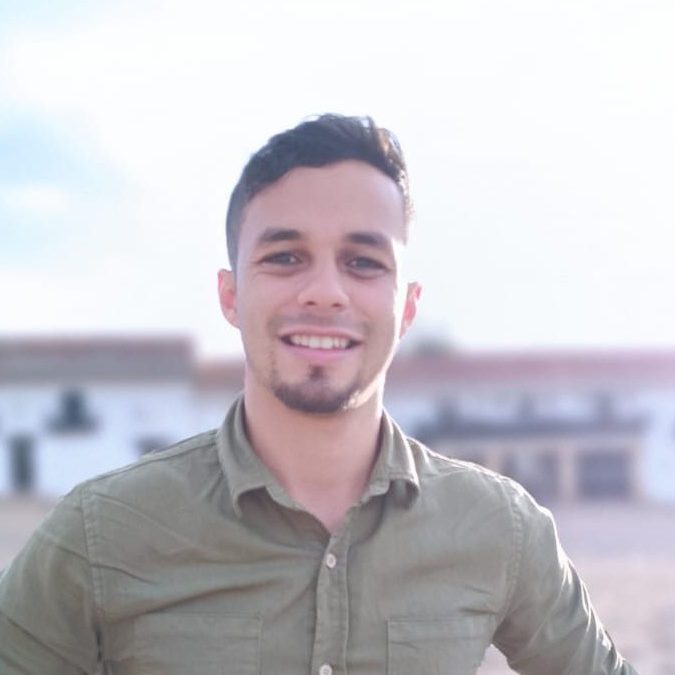
Javier Márquez
Javier Márquez is Associate for Communication and Community Engagement for Colombia. He is an Anabaptist Colombian pacifist and poet. He is based in Bogota, Colombia.
Mosaic values two-way communication and encourages our constituents to respond with feedback, questions, or encouragement. To share your thoughts or send a message to the author(s), contact Javier at jmarquez@mosaicmennonites.org.

